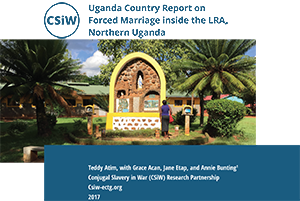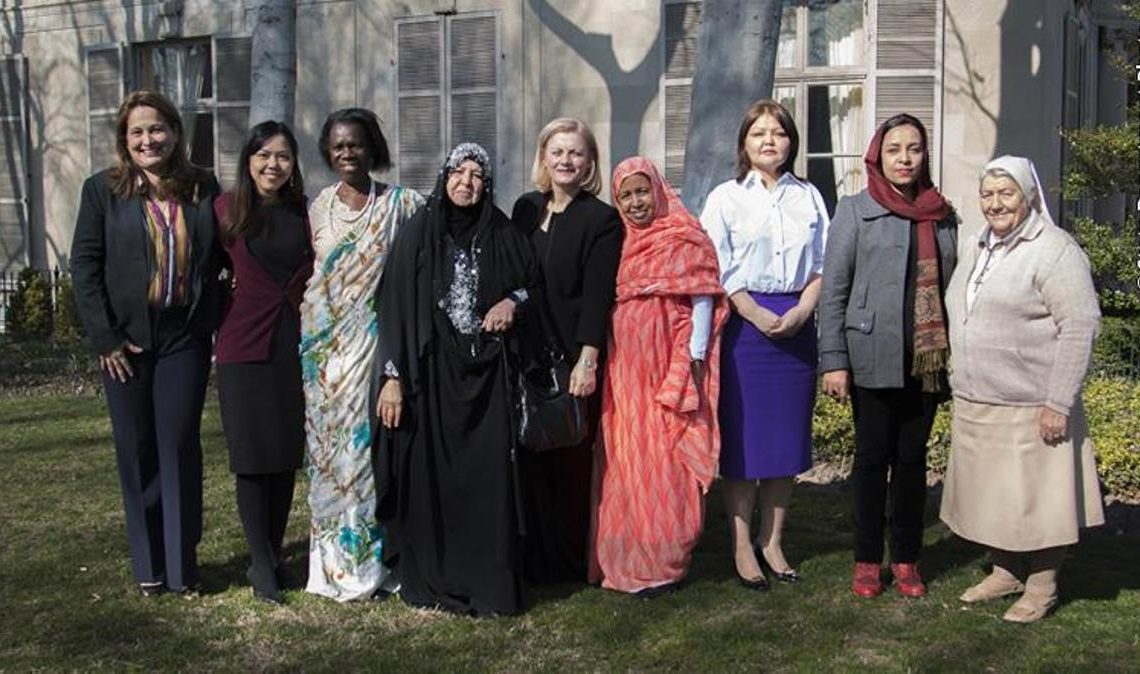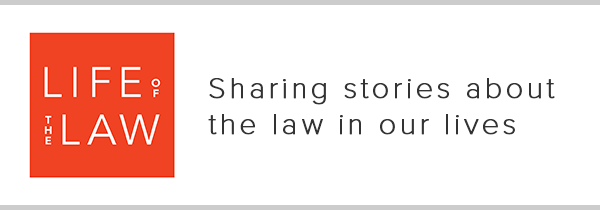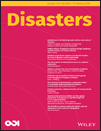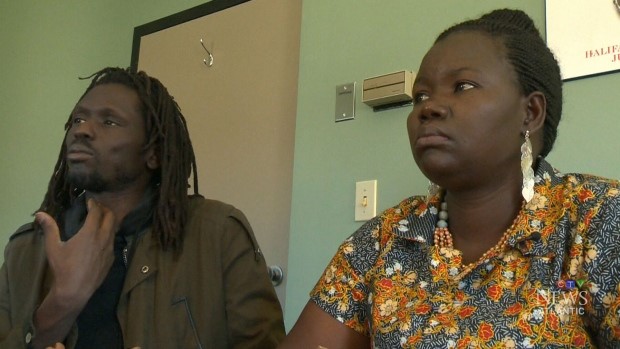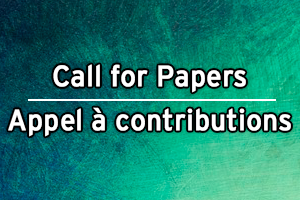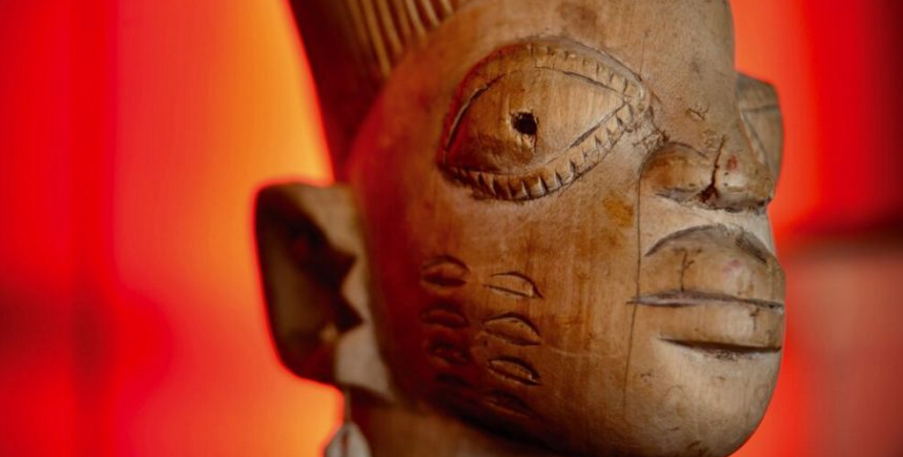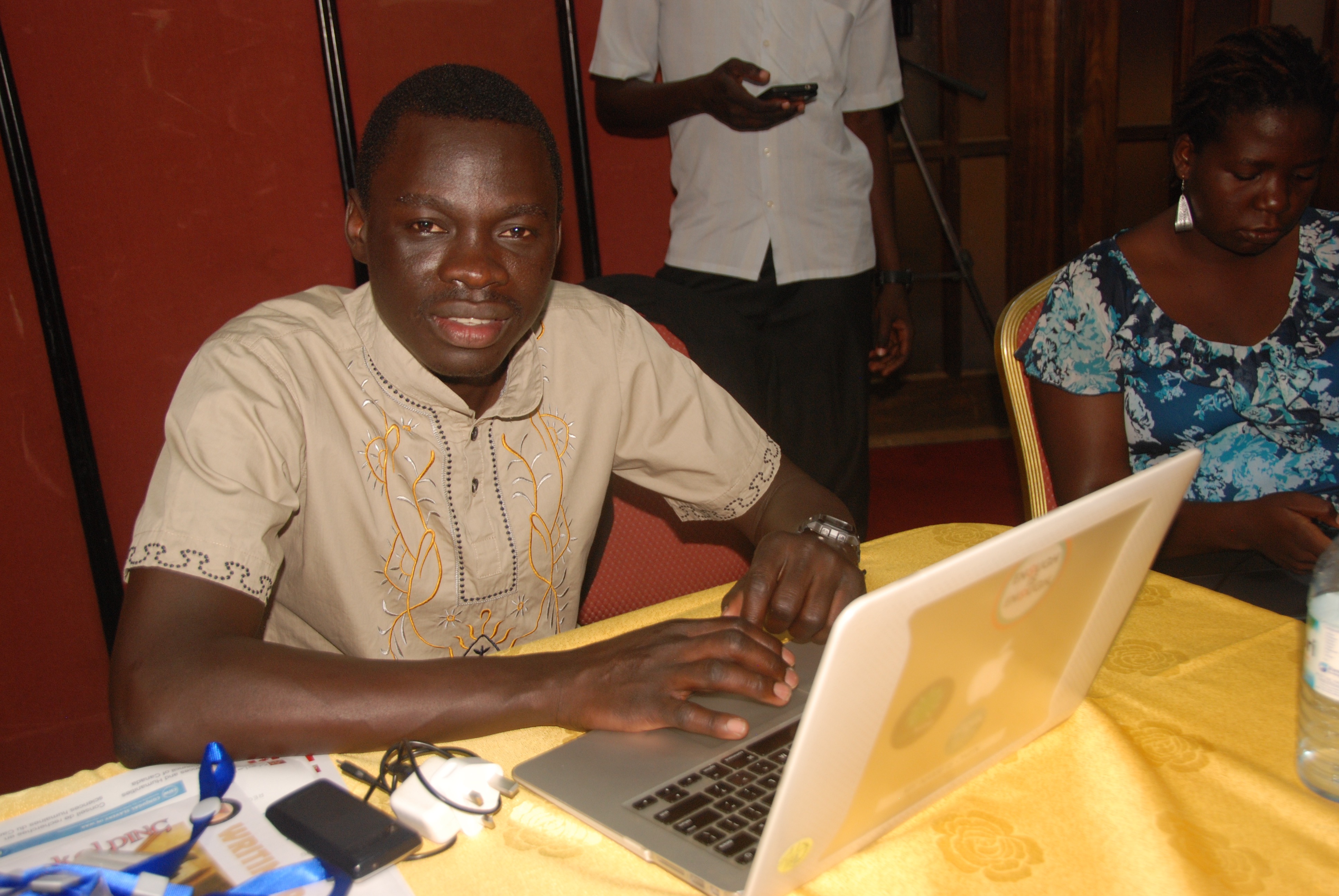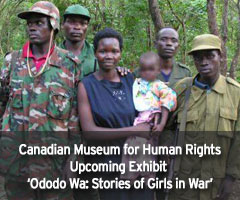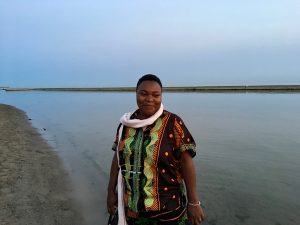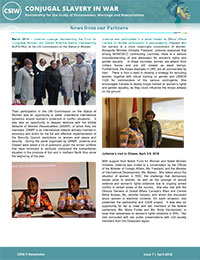University of the Witwatersrand, Johannesburg, 25th to 28th June 2018
For inquiry: wits2018@gmail.com
The closing date for applications is Wednesday the 14th of March 2018.
Completed applications should by submitted via email to wits2018@gmail.com
Available to download: Call for papers (pdf)
Building upon the success of an earlier meeting held in Kampala in May 2017, the University of the Witwatersrand invites applications from early career scholars, activists and practitioners to participate in a four day workshop to take place in Johannesburg on the 25th to 28th of June. This event will provide participants with an opportunity to present their work, to build relationships with others working in similar fields, and to engage with more senior scholars and practitioners.
The main working language of the event will be English, with simultaneous translation into French. We encourage submissions from activists, academics, service providers, journalists, government officials, and others working in relevant fields, with a particular emphasis on early career scholars (current Ph.D. students or fairly recent graduates) and practitioners (less than ten years working in relevant fields). Further information on the themes to be considered, application procedures, and the overall organization of the workshop can be found below.
Methods, Ethics, and Knowledge Production
The workshop will specifically focus upon the different ways in which knowledge regarding patterns of enslavement, conflict and marriage in sub-Saharan Africa have been – and should be – both collected and disseminated. We would especially welcome submissions that explore one or both of our two central themes, which are as follows:
- research methods and research ethics
- the political economy of knowledge production and dissemination.
In the case of the methods and ethics, we are particularly interested in applied examples of the successful application of methods for collecting information regarding enslavement, conflict and/or marriage across sub-Saharan Africa. Methods are here understood to broadly include large ‘N’ surveys and sampling, ethnographies and qualitative interviews, archival research and oral histories, and legal proceedings and testimonials, amongst others. Similarly, ethics are here broadly understood to include any number of strategies and processes that can be implicated in both ethically capturing and sensitively representing lived experiences of violence, trauma, vulnerability and stigma.
In the case of the political economy of knowledge, we are particularly interested in theoretically informed and politically grounded examples of how different combinations of power/knowledge can shape how research on these topics get both funded and implemented, and the purposes and audiences for which knowledge gets produced. Some of the key issues at stake include the ways in which collaborations between actors and institutions in the Global North and South are structured, and with what types of effects; the ways in which funding streams, technical languages, and the performance of expertise and authority can end up shaping the types of research which take place; the different audiences associated with knowledge production and consumption; and the underlying tensions between academic research, public policy, and consultancies.
How to Apply:
The closing date for applications is Monday the 19th of February 2018. Completed applications should by submitted via email to wits2018@gmail.com. Requests for further information regarding the call for applications should also follow this route. Applications should include
- a 250 word abstract and title introducing the paper being proposed,
- a short two page curriculum vitae, and
- a cover letter of no more than two pages outlining experience and expertise.
Limited financial support will be made available to help some applicants to participate, with priority for support towards travel costs being be given to applicants based in sub-Saharan Africa. There will be no additional registration fee. Participants in the workshop will be usually expected to cover their travel and accommodation costs. The format of the event will involve a combination of panels and plenary sessions, with the later featuring invited papers from senior scholars and practitioners with expertise and experience regarding key issues. Successful applicants will be required to prepare and pre-circulate a paper of around 2,000 words that speaks to one or more of the key questions of the workshop, and to participate in activities over the course of the four day event. We would particularly value contributions that speak to the methodological, ethical and political challenges associated with research and knowledge production in relation to the following:
- Lived experiences of wartime violence, both conflict and post-conflict, which relate to questions of gender, enslavement, marriage, and/or governance.
- The relationship between peacetime practices and wartime atrocities, and the degree to which wartime behaviour constitutes a either rupture or continuation of peacetime.
- The comparative analysis of behavioural patterns and lived experience in relation to different time periods and contexts.
- The analysis of historical dimensions and contemporary legacies of both historical slave systems and anti-slavery interventions within Africa.
- The dimensions and effects of legal regimes and social conventions governing normative models of enslavement, conflict and/or marriage within Africa.
- Different expressions of the relationship between masculinity, patriarchy and the social and legal construction of gender roles.
- The processes and consequences associated with efforts to prosecute and punish perpetrators, and to provide support and reparation to survivors and communities.
- Questions of narrative and representation, and the ways in which different types of voices and experiences can be taken up, commodified, or sensitively represented.
- The impact of regimes of power/knowledge in shaping how research takes place, and in relation to what types of audiences and purposes.
- The impact of funding schemes, technocratic languages, and the performance of expertise and authority in shaping how and where research takes place, and for whom.
- The application and development of theoretical perspectives emerging out of postcolonial perspectives, theories from the Global South, and the theoretical and ideological limitations of enduring models of aid, development and intervention which are ultimately grounded in European perspectives, presumptions and experiences.
Organization:
This event falls under the rubric of the Conjugal Slavery in War (CSIW) project, which seeks to document cases of so-called forced marriage in conflict situations, to place this data in historical context, and to effect the international prosecution of crimes against humanity as well as local reparations programs for survivors of violence. With the central participation of community based organizations in Africa, the project aims to strengthen individual and organizational capacity to prevent and address violence and its consequences, and to advance understanding of the use of conjugal slavery as a tool of war through evidence-based research. This is one of a series of events supported by an SSHRC-funded Partnership Grant (2015-2020).

